
Lung Cancer Treatment in Delhi
Hearing the word cancer can feel overwhelming. It’s a diagnosis that changes lives instantly, not just for patients but for families too. Lung cancer is one of the most common and serious cancers in the world.
As per the World Health Organization (WHO), lung cancer accounts for nearly 2.2 million new cases each year globally, making it the second most diagnosed cancer. In India, the situation is worrying, as lung cancer is responsible for over 6% of all cancer deaths each year.
So, what is lung cancer?
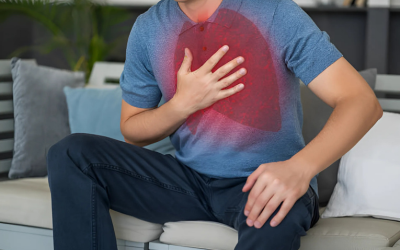
These cells can form lumps called tumors, which block normal lung function and may spread to other parts of the body. While smoking remains the leading risk factor, lung cancer can also affect non-smokers due to factors like pollution, genetic predisposition, and occupational exposures.
Dr. Prateek Varshney, an acclaimed Surgical Oncologist , explains:
“Many patients believe lung cancer only happens to smokers, but that’s not the full picture. Environmental pollution, passive smoking, and family history also play a huge role. Recognizing the signs early and opting for timely treatment can make a significant difference in recovery outcomes.”
With over 20 years of expertise, Dr. Prateek Varshney is often deemed the Best Lung Cancer Doctor in Delhi by his patients.
Types of Lung Cancer Treated by Dr. Prateek Varshney
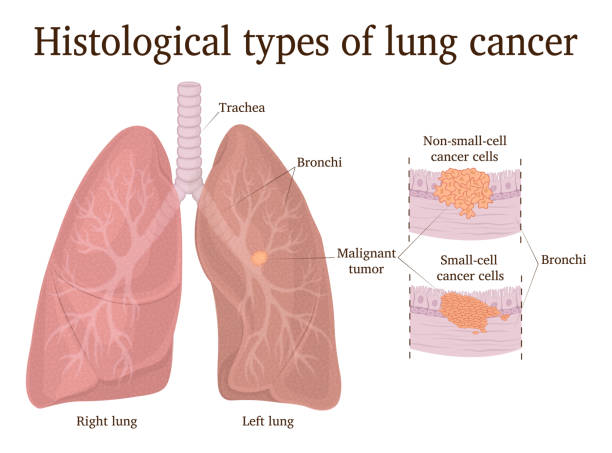
- Most common – taking up about 85% of all lung cancer cases
- It has several subtypes like squamous cell carcinoma, adenocarcinoma, and large cell carcinoma
- NSCLC usually grows and spreads slower than small cell lung cancer
- Accounts for about 15% of cases
- More aggressive and tends to spread quickly
- Often linked directly to smoking history
- These include carcinoid tumors and mesothelioma, though less common, they still require specialized management.
“Identifying the type of lung cancer is the first crucial step. It determines whether we lean toward surgical options, targeted therapy, or chemotherapy. Without this clarity, treatment may not yield the desired results.”
Concerned about unexplained symptoms like persistent cough or shortness of breath? Seek expert evaluation to understand the best way forward for your health.
Wondering how these cancers are managed with today’s medical advancements? Let’s look at the latest services available.
Advance Lung Cancer Treatment Services by Dr. Prateek Varshney
Modern cancer care has evolved rapidly, offering hope where there once was little. Dr. Prateek Varshney offers a full spectrum of services designed to support patients from diagnosis through recovery. These include:
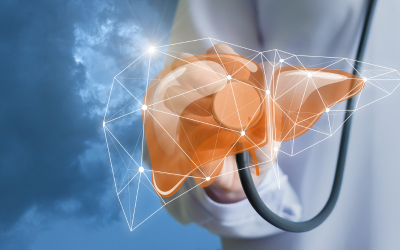
High-Precision Diagnostics:
- PET scans, biopsies, and genetic testing to confirm the diagnosis and understand tumor biology.
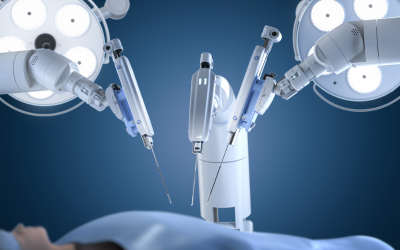
Minimally Invasive Surgery:
- When surgery is necessary, techniques like VATS (Video-Assisted Thoracic Surgery) minimize recovery time.
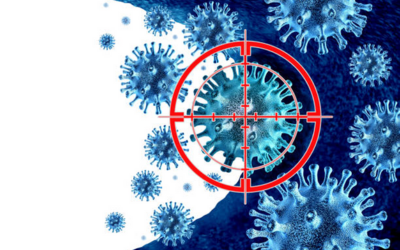
- Medications that focus on specific genetic mutations in cancer cells, reducing harm to healthy cells.
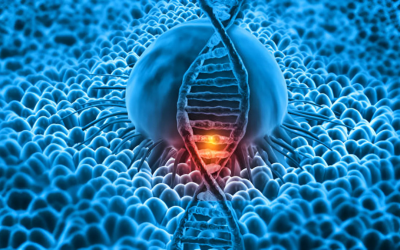
Immunotherapy:
-
Boosting the body’s immune system to recognize and attack cancer cells.

Palliative Care:
-
Focused on symptom relief and improving quality of life at every stage of treatment.
But what exactly are the different approaches available to treat lung cancer effectively? Let’s explore further.
Lung Cancer Treatment Approaches
The choice of treatment depends on the type, stage, and overall health of the patient. Here are the main approaches:
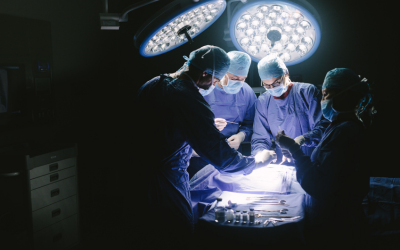
Surgery
- Ideal for early-stage lung cancer when tumors are localized
- Types include lobectomy (removal of one lung lobe), pneumonectomy (entire lung removal), or segmentectomy (removal of part of a lobe)
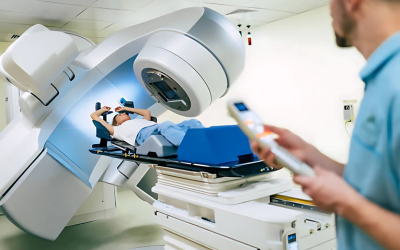
Radiation Therapy
- High-energy rays are used to kill cancer cells
- Often used when surgery isn’t an option or in combination with other treatments
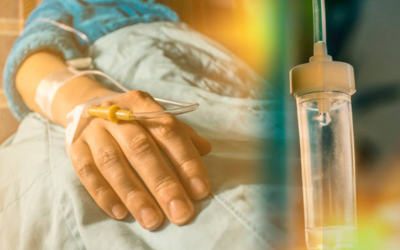
Chemotherapy
- Uses drugs to destroy rapidly dividing cancer cells
- Can be given before surgery to shrink tumors or after surgery to reduce recurrence risk
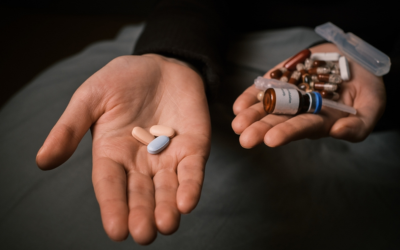
Targeted Therapy
- Specifically attacks genetic mutations or proteins fueling cancer growth
- More effective with fewer side effects compared to traditional chemotherapy

Immunotherapy
- Enhances the body’s natural defense mechanism
- Particularly useful in advanced or metastatic lung cancer cases
Dr. Prateek Varshney, a renowned and compassionate Cancer Expert in Delhi, notes:
“No two patients are the same. We design treatment plans that align with the individual’s health profile, lifestyle, and cancer stage. This personalized approach has significantly improved survival rates.”
Exploring different lung cancer treatments can feel overwhelming. Connect with a cancer care expert to learn which approach may best suit your condition.
Why Choose Dr. Prateek Varshney for Lung Cancer Treatment in Delhi?
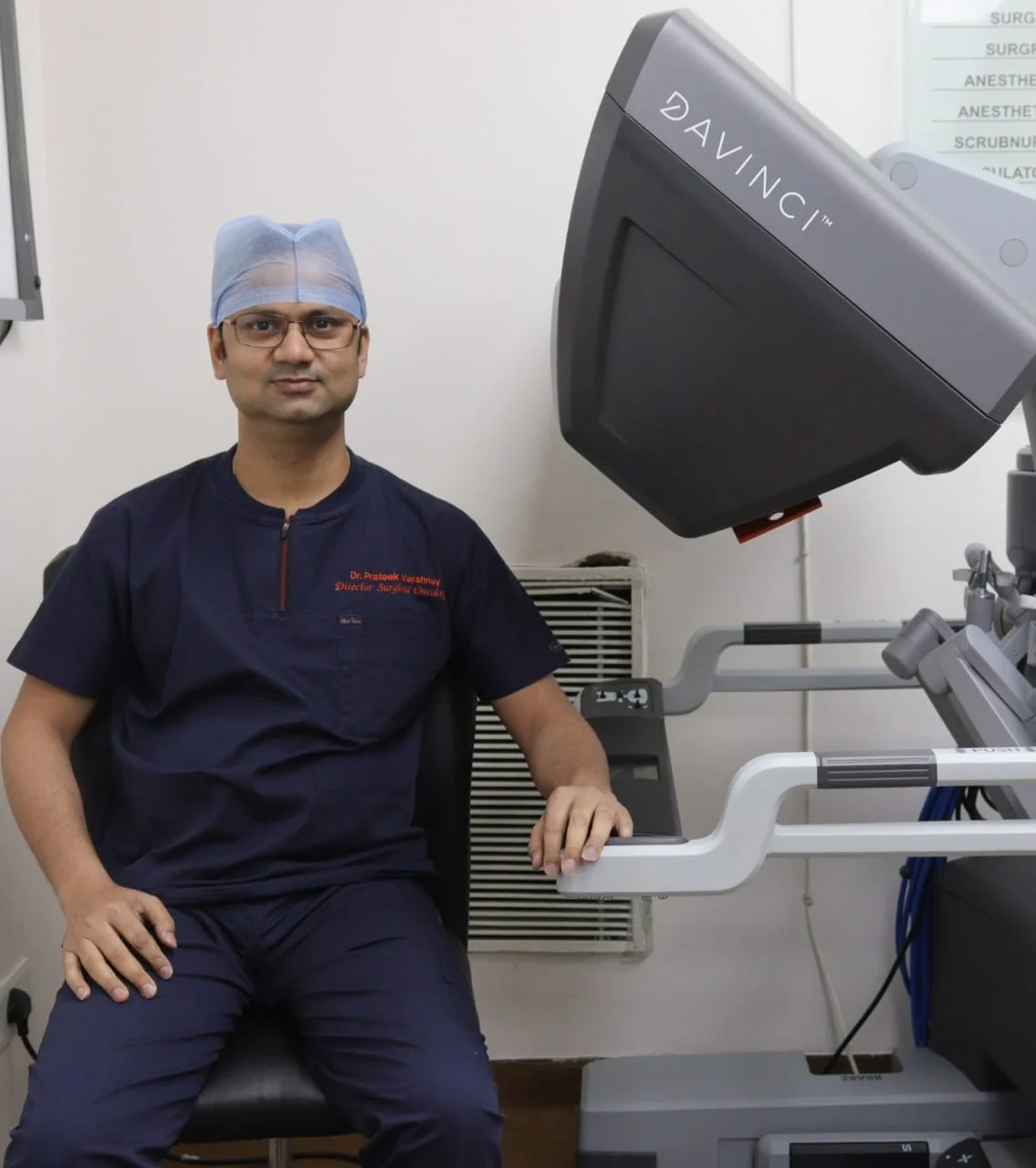
Dr. Prateek Varshney, a highly regarded and empathetic Cancer Specialist in Delhi NCR, explains, “Beyond treating cancer, my focus is on restoring confidence and quality of life. Patients need to feel supported at every step, from diagnosis to survivorship, and that’s the core philosophy guiding our practice.”
Extensive Expertise: Years of dedicated experience in thoracic oncology.
Patient-Centered Approach: Each plan is tailored, keeping the patient’s overall well-being in mind.
Advanced Facilities: Access to state-of-the-art diagnostic and surgical tools.
Holistic Care: From emotional support to nutrition counseling, the care model is comprehensive.
Proven Outcomes: High success rates in both early-stage and advanced cases.

Frequently Asked Questions
1. What are the early symptoms of lung cancer?
Early signs may include- chest pain, coughing up blood, persistent cough, shortness of breath, unexplained weight loss, wheezing, frequent respiratory infections
Many dismiss these as minor issues, but they warrant medical attention.
2. What are the treatment options for advanced lung cancer?
Advanced cases may require a combination of chemotherapy, targeted therapy, immunotherapy, and palliative care to manage symptoms and improve quality of life.
3. Can lung cancer be treated without surgery?
Yes. For patients unfit for surgery, options like radiation therapy, targeted therapy, and immunotherapy can be effective alternatives.
4. Can lung cancer return after treatment?
Unfortunately, recurrence is possible. Regular follow-ups and monitoring scans are critical in detecting relapse early.
5. What are the side effects of lung cancer treatment?
Depending on the treatment, side effects may include fatigue, nausea, hair loss, infections, or breathing difficulties. Newer treatments, however, are designed to minimize these effects.
6. How do I know if I am at risk for lung cancer?
Risk factors include smoking, exposure to secondhand smoke, high pollution levels, family history, and occupational hazards like asbestos exposure.
Wondering whether your symptoms could point to something serious? Speak to a lung cancer expert for clarity and peace of mind.